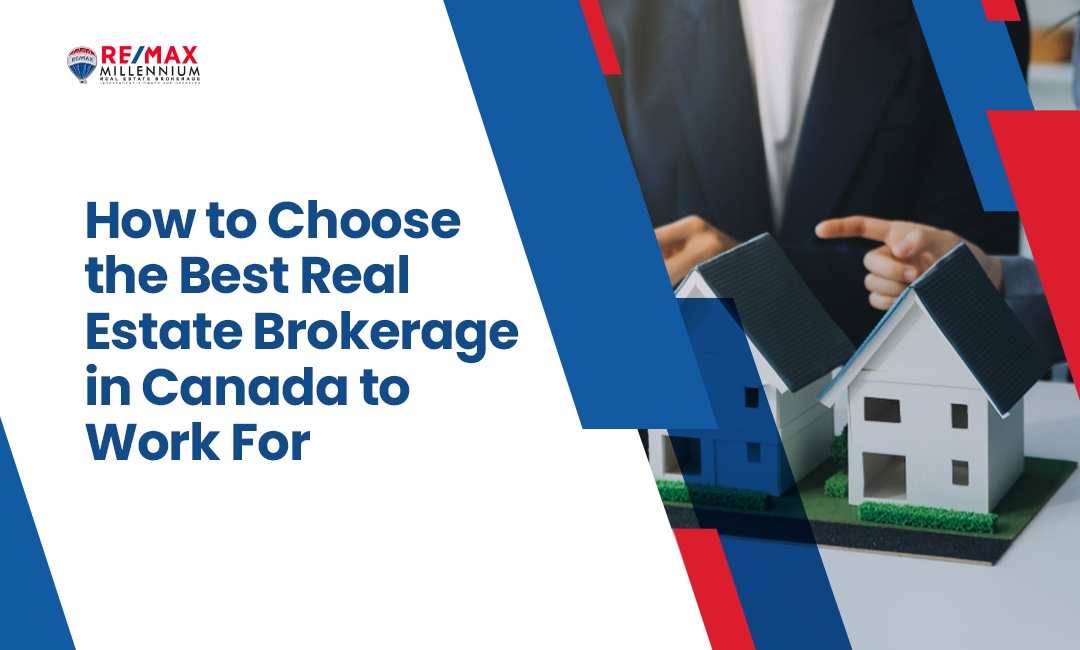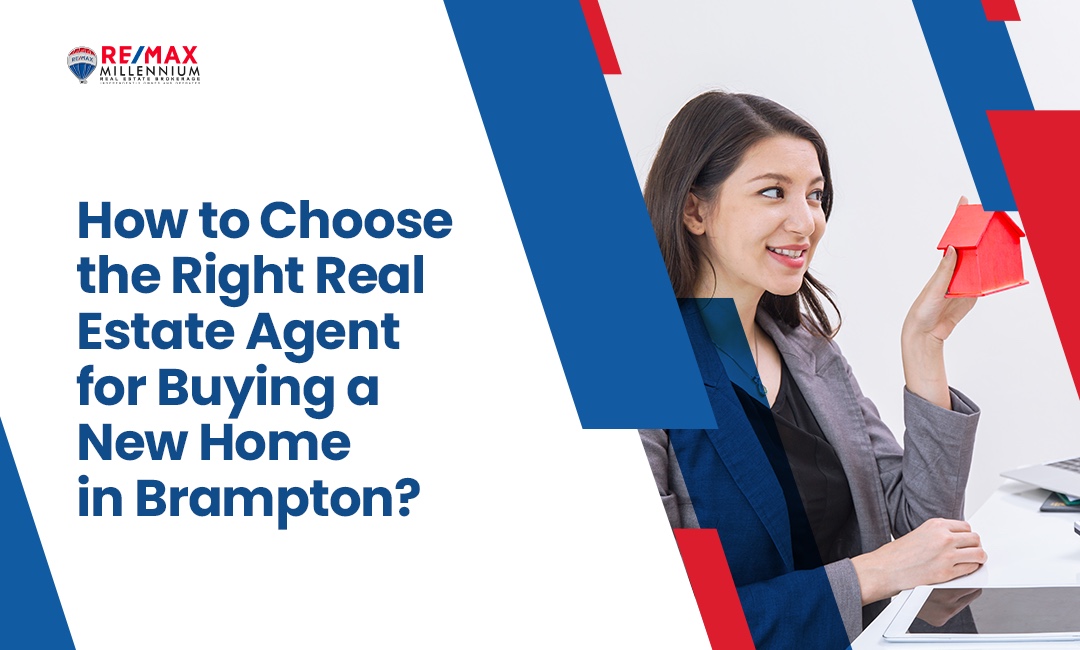
Did you know: In Canada, the average home price in some cities has jumped more than 50% in just five years? That’s a massive jump—and it’s got a lot of people worried. If you’ve been wondering what a housing bubble is, you will find out here.
Buying a home in Canada today feels almost impossible for many. Prices seem to go up every month. Families are getting priced out. Young buyers feel hopeless. And investors are rushing in, fearing they’ll miss out on big returns.
But here’s the million-dollar question: Is this just the market being hot, or are we in a housing bubble?
No matter if you’re new to buying a home, already own one, or want to know what’s up with the market, I’ll keep it easy to understand. You’ll get real examples and practical advice on how to handle it all.
Keep reading to know more.
What is Housing Market Bubbles: A Complete Guide
So, What Exactly is a Housing Bubble?
A housing bubble happens when home prices increase too fast, much faster than they should.
Think of it like blowing up a balloon. At first, it’s no big deal—you’re just adding a little air. But if you keep going, it gets bigger and bigger, and eventually, it pops. That’s what happens in the housing market during a bubble. Everything feels great—until it all comes crashing down.
Economists say a bubble forms when prices are more about the hype than the actual value of the property. People start buying because others are buying, not because the homes are worth that much.
Compared to other bubbles, like the stock market or cryptocurrency, a housing bubble is extra risky.
Why? Because most people’s biggest investment is their home. So when the bubble bursts, it hits hard.
The Psychology Behind Bubbles
You’ve got to know “what is a bubble in real estate?” Now, you might be wondering—why do bubbles even happen in the first place? A huge part of it is how we think.
- Herd mentality: If everyone else is jumping in, we feel like we should, too. It’s easy to get swept up in the hype when you see so many people buying homes. The fear of missing out (FOMO) kicks in.
- FOMO (Fear of Missing Out): People start to worry that if they don’t buy now, prices will just keep going up forever. So they jump in without thinking through all the risks.
- Irrational exuberance: This is when people get super excited and ignore the warning signs. They start bidding way over asking prices, just to “win” the house, even though it’s a risky move.
I’ve seen buyers putting in huge offers on homes just because they’re afraid someone else will snatch it up. That’s exactly how bubbles grow—when emotions start guiding decisions, rather than logic.
Historical Case Studies
Let’s take a look at a few famous examples of housing bubbles that went bust:
1. 2008 U.S. Housing Crisis
Remember the 2008 housing crash? Banks gave out risky loans to people who couldn’t afford them. Home prices went through the roof—and then they crashed just as fast.
In many parts of the U.S., home values dropped by more than 30%. Millions of people lost their homes. And the entire global economy fell into a recession.
2. Japan’s Lost Decade (1990s)
Back in the 1990s, Japan saw property prices in Tokyo double in just a few years. Everyone thought the market would keep growing, but when it collapsed, the country went through more than a decade of economic stagnation. Both residential and commercial properties lost value, and it took years to recover.
3. Other Notable Examples
- Spain & Ireland (2008): Both countries experienced huge booms in the housing market, only to face massive busts afterward. The effects were devastating for their economies.
- Canada (Recent Trends): In cities like Toronto, Vancouver, and parts of Ontario, home prices have been rising at an alarming rate in recent years. People are starting to wonder if we’re in the middle of a bubble—or if one is coming soon.
It’s easy to get caught up in the excitement when everyone around you seems to be making money or buying homes.
But recognizing the signs of a housing bubble—like skyrocketing prices and irrational buying behavior—can help you avoid the pain when it bursts.
What are The Root Causes of Housing Bubbles?

1. Economic Factors
Low Interest Rates
When borrowing money is cheap, more people jump into the market. They’re able to buy homes because the cost of borrowing is lower, and this increases demand. More buyers = higher prices.
Central banks like the Bank of Canada control these rates, and when they’re low, buyers flood in. This can fuel a bubble. But here’s the thing—if those rates go up, it can all come crashing down. And that’s when people start asking What does a real estate crash mean? It means prices drop fast, and the market loses its momentum.
Credit Availability
Remember the subprime loans from 2008? Banks started lending to people with bad credit, which seemed like a quick way to get more people into homes. But it backfired. More buyers flooded the market, and home prices skyrocketed. But the problem? Many of those buyers couldn’t afford their homes, and it all collapsed.
Loose lending rules = more buyers = higher prices = a recipe for disaster.
2. Market Dynamics
Supply & Demand Imbalance
In cities like Toronto and Vancouver, there just aren’t enough homes to meet the growing demand. More people are moving in, but there isn’t enough new housing being built to keep up. When demand outpaces supply, it pushes prices up, and the market starts to feel way overheated.
Speculative Fever
Have you noticed people buying homes just to flip them or turn them into short-term rentals (like Airbnb)? This isn’t real housing demand—it’s all about the quick profit. When this kind of speculation takes over, prices spiral out of control.
When investors are in it just for the money, it distorts the market for everyone else looking for a place to live.
Government & Policy Influences in Property Bubble
Tax Incentives
Things like mortgage interest deductions can encourage more people to buy homes, which increases demand. But when that demand outpaces the supply, you start to see prices rise faster than they should.
Zoning Laws
In many cities, zoning laws make it difficult to build new homes. If it’s too hard to add supply to the market, the limited inventory will just push prices higher.
Government-backed Loans
Loans from government-backed programs can help people buy homes, but they can also inflate demand. When too many buyers enter the market at once, it can push prices higher than what the market can sustain, contributing to a bubble.
Know 10 Warning Signs of a Housing Bubble

1. Price-to-Income Ratios
When home prices go up way faster than people’s incomes, that’s a huge red flag. Normally, this ratio stays fairly balanced. But if prices jump way beyond what people can realistically afford, something’s off.
2. Rent-to-Price Ratios
If it’s cheaper to rent a place than it is to buy, that’s another warning sign. When it costs more to buy than to rent, homes might be overpriced.
This is often a sign that a bubble is inflating, because prices are no longer reflecting the actual value of the homes. People start questioning if it’s worth buying when renting is so much more affordable.
3. Regional Price Spikes
Sudden and dramatic price jumps in specific cities or neighborhoods? That’s where bubbles often begin.
If one area is seeing massive increases in price while others stay stable, it could be a sign that the market is out of balance. This is especially concerning when it’s not backed by real economic growth in that area.
4. Bidding Wars Becoming Standard
If every house is getting 10 or more offers and selling for way over the asking price, that’s classic bubble behavior. When people are scrambling to outbid each other, it means emotions, not logic, are driving the market.
If you find yourself thinking What is a housing market bubble, This is a big sign—bubbles grow when people stop thinking clearly about prices.
5. “Buy Now or Be Priced Out Forever” Narratives
A common tactic during a housing bubble is the constant fear of missing out. When you hear people say, “If you don’t buy now, you’ll never afford it again,” that’s a red flag. Bubbles thrive on fear, pushing people into buying homes they might not need or afford.
6. Extreme Leverage
If people are buying homes with only 5% down (or even 0%), that’s risky. It means they’re borrowing a lot more money than they can afford.
When home prices drop even a little, these buyers could quickly be underwater, meaning they owe more than their homes are worth.
This is a dangerous sign of a housing bubble, especially if many buyers are taking on that kind of risk.
7. Mortgage Debt Growth
If the total mortgage debt in the country is growing faster than the economy (GDP), that’s a serious concern.
It shows that people are borrowing more money than they should be, which means they’re overextending themselves financially. If too many people take on too much debt, it can eventually lead to a crash.
8. Construction Boom Patterns
When developers start overbuilding, flooding the market with new homes, it can lead to a crash. Too many homes in the market and not enough buyers to fill them will cause prices to drop.
9. Investor Activity Spikes
If a lot of the homes being bought are by investors rather than regular buyers looking for a place to live, that’s a problem.
Investors may buy up homes, flip them, or turn them into short-term rentals. This kind of speculation drives prices up, but it’s not real demand.
When more homes are bought for investment purposes rather than for living in, it’s a warning that the market is being artificially inflated.
10. Media Frenzy About Real Estate
When everyone around you starts talking about how easy it is to make money in real estate, it’s time to be cautious.
The media hype often means that too many people are getting swept up in the excitement, and prices may not reflect reality.
When articles are constantly talking about “how to get rich” through property, it’s a sign that the bubble could burst soon.
So, if you’re asking what is housing market bubble is, it’s these warning signs. When home prices are driven up by speculation, fear, and easy credit, a bubble starts to form.
It can be tempting to jump in when everyone else is buying, but being aware of these signs can help you make smarter decisions in a market that might be overheated.
What Will Happen When the Housing Bubble Bursts?
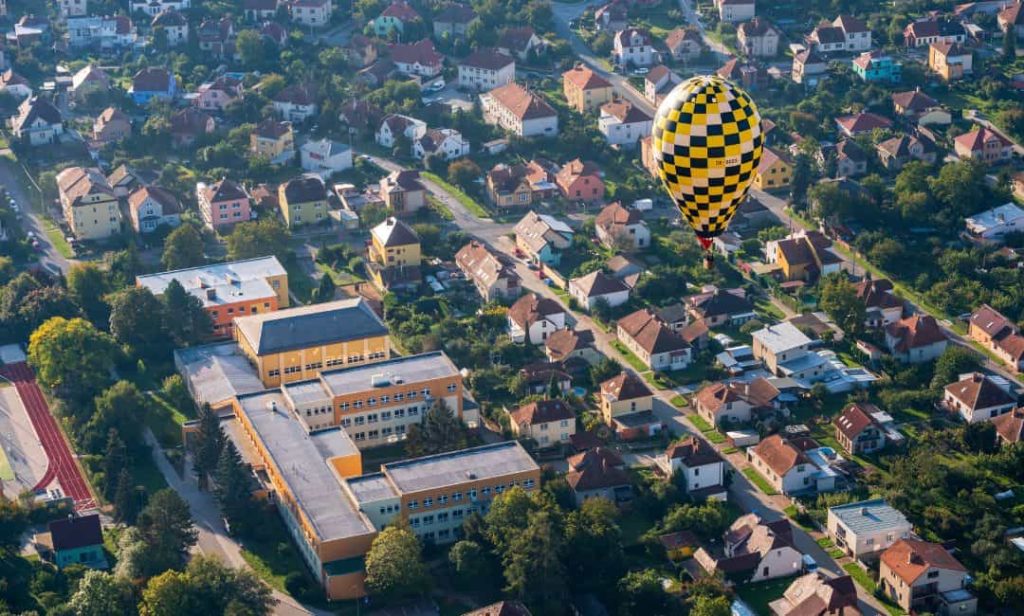
What does it mean when the housing bubble bursts? It’s about a lot more than just falling home prices. It’s a chain reaction—price drops, foreclosure waves, banking collapses, and an overall slowdown of the economy.
The key takeaway?
Be cautious in a booming market. It’s exciting to think about making money from rising property values, but if you’re not careful, you could end up paying the price when the bubble bursts.
1. Price Corrections
When the housing bubble bursts, the first thing you’ll notice is home prices dropping fast. In a real crash, prices can fall anywhere from 10% to 40%, depending on the area.
2. Market Freeze
Buyers pull back. People who were willing to overpay for homes are suddenly much more cautious. Homes that were flying off the market now sit for months. Sellers panic, dropping prices in hopes of finding a buyer, but often they end up stuck.
3. Foreclosure Waves
As home prices plummet, many homeowners find themselves owing more on their mortgage than their home is worth. If they can’t make their payments, they face foreclosure.
This is where banks take the home back. It’s a devastating experience for families who lose their homes, and it often happens in waves as more and more people default on their loans.
4. Banking Crises
When a housing bubble bursts, banks holding risky mortgages take huge losses. In 2008, for example, several major banks collapsed because they had overexposed themselves to bad loans.
This can lead to a banking crisis, where banks become unwilling to lend money, making it harder for people to buy homes and businesses to get credit.
5. Construction Slows Down
When the market crashes, construction projects grind to a halt. Developers stop building new homes, as they can’t sell them in a depressed market.
This leads to job losses in the construction sector, which can spread to related industries.
For many, it means unemployment, especially in areas heavily dependent on real estate development.
6. Consumer Spending Falls
When people lose their homes or their home values drop, they tighten their belts. Consumer confidence takes a hit, and people stop spending money on non-essentials.
This slowdown in consumer spending has a ripple effect throughout the economy, with businesses seeing fewer sales and cutting back on production and hiring.
7. Unemployment Rises
The effects of a housing bubble bursting often trigger broader economic problems. As construction jobs vanish and businesses close due to lower demand, unemployment starts to climb.
People who are laid off or facing financial difficulties stop spending, which causes more businesses to struggle. It becomes a vicious cycle.
Well, Vaughan is also known for its vibrant communities and attractions. It offers a mix of urban and suburban living. If you’re considering specific areas, check out the best neighborhoods in Vaughan for insights.
Real Estate Crashes vs. Bubbles: Key Differences
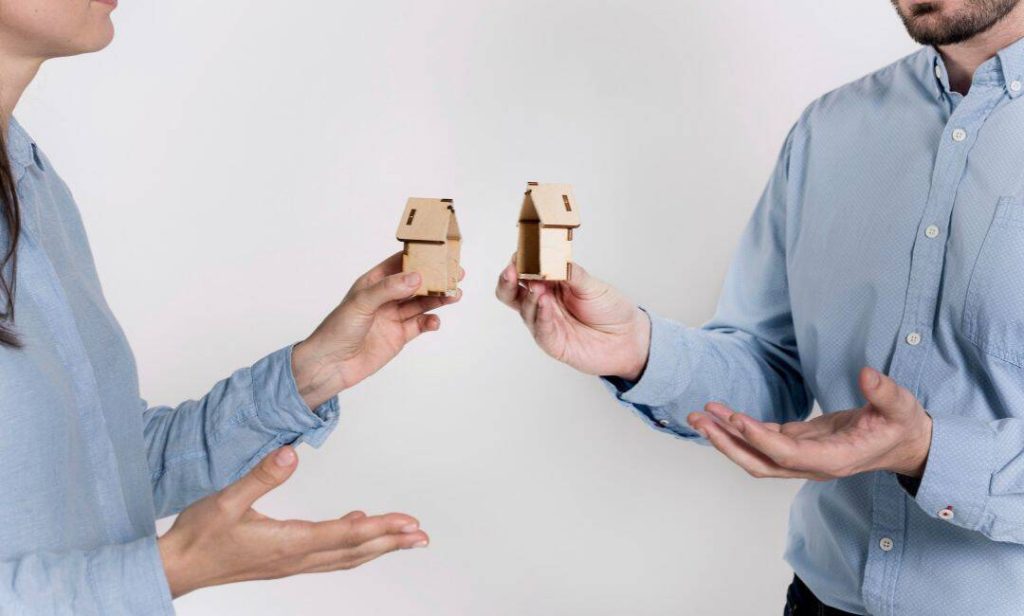
A real estate crash happens when home prices drop suddenly and sharply, usually by 10% or more. It feels like the market just collapses.
So, what does a house market crash mean? It’s the result of a housing bubble bursting, or it could be triggered by other events like an economic crisis or unexpected shocks.
Unlike a bubble, where prices rise quickly because of hype and speculation, a crash is the market’s sharp correction when it can no longer hold up those inflated prices.
Crash Triggers
1. Sudden Interest Rate Hikes
When central banks suddenly raise interest rates, it makes borrowing money more expensive. This slows down the number of people buying homes, causing demand to drop. When the market is already overinflated, this can cause a crash.
2. A Major Recession
A recession means people spend less money, lose jobs, and feel uncertain about the future. In real estate, this lowers the number of buyers, causing prices to fall. A long recession can lead to a prolonged housing crash.
3. Global Crises (Pandemics, Wars, etc.)
Big global events like the COVID-19 pandemic or wars can shake up the economy. For example, the pandemic led to job losses, shutdowns, and uncertainty, all of which affected the housing market.
How Long Does It Take to Recover?
The time it takes for a market to recover after a crash depends on how bad the crash was.
- Some markets may bounce back in 3-5 years, especially if the crash wasn’t too severe and the economy starts to grow again.
- Other markets take 10+ years to recover, like Japan after its real estate bubble burst in the 1990s. Their market faced years of slow growth and falling prices before it finally started to recover.
Want to learn more? Take the next step in your career by joining a trusted real estate brokerage. With expert guidance and a network of resources, you’ll be equipped to succeed in the competitive real estate market.
Key Differences Between a Real Estate Crash and a Bubble
| Aspect | Real Estate Bubble | Real Estate Crash |
| What It Is | Prices rise quickly because of hype and speculation | Prices drop suddenly by 10% or more |
| Cause | Driven by speculation, low interest rates, and investor activity | Caused by economic problems, interest rate hikes, or global crises |
| Market Behavior | Prices and demand rise quickly, but unsustainably | Prices fall quickly, and homes sit unsold longer |
| Price Movement | Prices rise above their real value and become inflated | Prices drop quickly to correct overinflated values |
| Impact on Buyers | Buyers overspend because of FOMO (Fear of Missing Out) | Buyers become cautious, and panic selling happens |
| Market Recovery | Usually leads to a crash when it bursts | May recover in 3-5 years or take 10+ years |
| Signs | Rapid price increases, bidding wars, and speculation | Sharp price drops, more foreclosures, and a stagnant market |
Market Outlook: Housing Bubble

Signs of a Housing Bubble
- Homes Are Less Affordable
Buying a home in major Canadian cities is tougher than ever. Prices are still high, making it hard for many people to afford a home. - Investors Are Still Active
Investors are still buying properties, which is pushing up demand. This raises concerns that some purchases are driven by profit rather than actual need. - More Homes Available, But Not Enough
There are more homes on the market, but the supply still isn’t enough to meet the demand. The shortage continues, but there are some signs of improvement.
Risks of a Market Crash
- High Interest Rates
- Fears of a Recession
- Global Uncertainty
So, are you looking for expert guidance in a different city? You can explore trusted real estate brokerages in Vaughan to find the best deals and insights.
How to Protect Your Investments?
For Homeowners
- Build equity fast (make extra payments).
- Avoid taking on too much debt.
- Consider locking in fixed-rate mortgages.
For Buyers
- Don’t rush. Wait if the market seems overheated.
- Compare prices carefully.
- Work with experienced real estate brokerages.
For Investors
- Diversify beyond real estate.
- Keep cash on hand.
- Watch for red flags in the market.
FAQ About Housing Bubble
What does it mean when the housing bubble bursts?
It means home prices fall sharply. People who bought high may lose money. Some lose their homes.
What will make the housing market crash?
High interest rates, job losses, and too much speculation are common triggers.
How long do crashes typically last?
Usually 3-5 years. But it depends on the region and economic recovery.
Conclusion
I hope you have got an answer on what a bubble is in real estate from the above insights. A housing bubble might seem like a great time to buy, but it comes with risks. Bubbles happen when prices rise too quickly, beyond what’s realistic.
Signs to watch out for include bidding wars, unaffordable prices, and too many investors driving up demand. When a bubble bursts, the fallout can be huge, financially and emotionally.
Stay informed and make smart decisions, because understanding what a housing bubble is and what happens next can protect your future.
Want to work with the best real estate company to work for in Canada? Join a team that values innovation, career growth, and a supportive work culture. Your success starts here.
